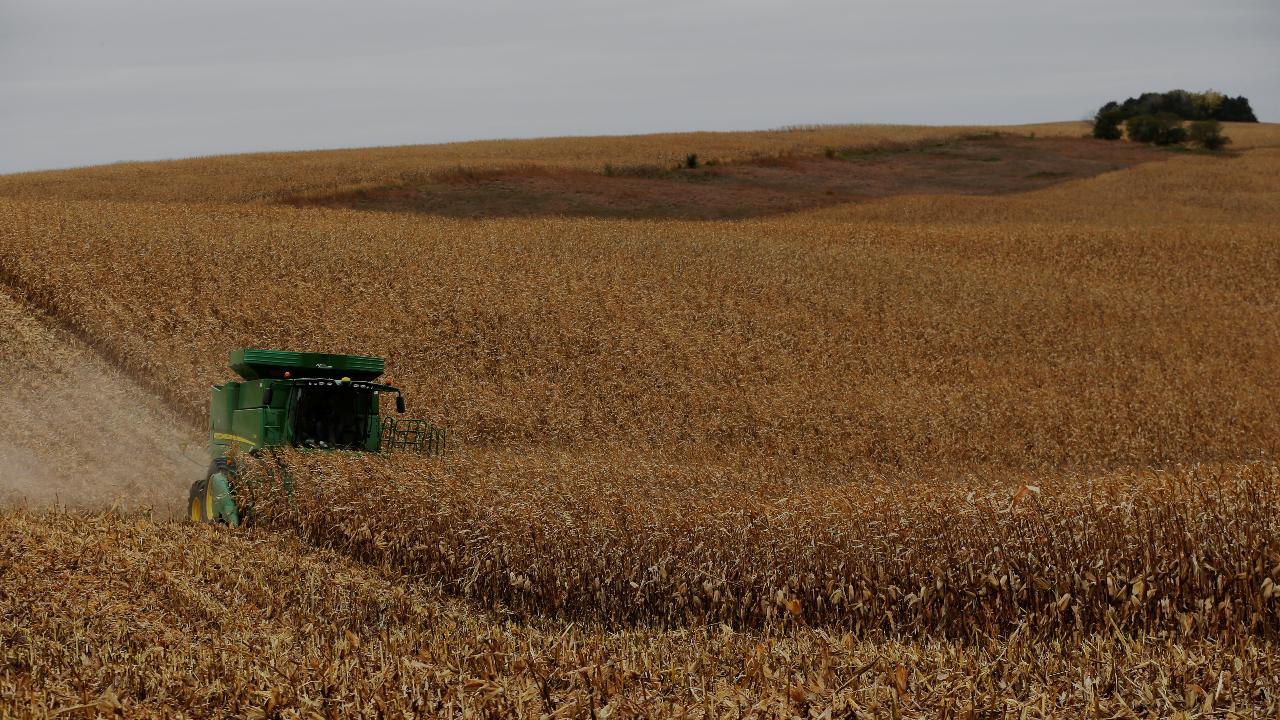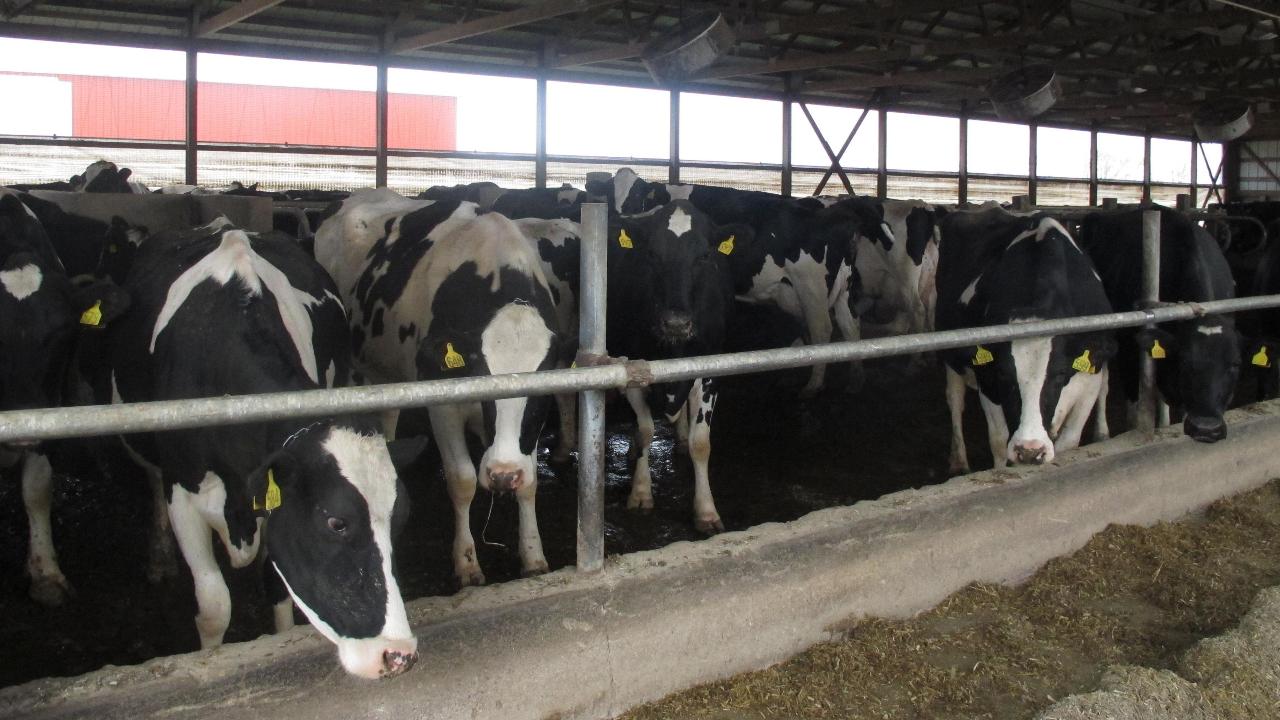American farmers want trade over aid
To help reduce some of the pain inflicted by a burgeoning trade war between the U.S. and its traditional economic allies, the Trump administration on Tuesday announced an aid package worth $12 billion for farmers who’ve been hurt by the tariffs.
Of that $12 billion, $7 to $8 billion of it will be direct cash relief for farmers, the U.S. Secretary of Agriculture Sonny Perdue said on Saturday.
But according to Perdue, the White House doesn’t anticipate any additional aid packages for other sectors, like the auto or retail sectors, affected by the trade disputes.
“This is a temporary measure for agricultural producers,” he said during an interview with FOX Business’ Maria Bartiromo on Wednesday. “It’s authorized by the USDA and their rules. We’re using that to temper this. This is a temporary measure, hopefully to show China and other countries they cannot bully the U.S. to caving in on unfair trade practices.”
The White House has already imposed a 25% tariff on $34 billion worth of Chinese products and, three weeks ago, threatened an additional round worth $16 billion. Responding in kind, Beijing slapped tariffs worth $34 billion on 545 American goods -- including a number of agricultural products, like soybeans.
China is the biggest buyer of U.S. soybeans, importing more than $12.4 billion worth of the oil seed in 2017, according to the Peterson Institute for International Economics. Fall is the biggest season for American soybean farmers.
The aid program will go into effect on Sept. 4, right after Labor Day. A portion of the money will be paid directly to producers of crops like soybeans, corn, wheat, dairy and pork. The U.S. government will use the rest of the money to buy commodities and distribute them to food banks and healthy school programs across the country, Perdue said. More details will be released in mid-to-late August.
But according to Jeff Schwager, the president of Sartori Cheese in Wisconsin, there may not be enough money to go around. The dairy market alone needs at $3.6 billion he said, and there likely won’t be enough money to cover all the required markets.
“We need to get trade agreements in place. Europe’s ahead of us,” Schwager said. “They’ve gotten free trade agreements recently done with Canada and Mexico, and we’re sitting on the sidelines .We need those agreements in place.”
Although some farmers -- and some Republican lawmakers -- insist they’d rather have “trade than aid”, Perdue argued the tariffs would create a more fair global trading system, which would eventually benefit farmers in the long term. Sens. Lindsey Graham, R-S.C., and Jeff Flake, R-Ariz., both expressed skepticism of the aid, and urged the president to solve the trade dispute.
Although some farmers insist they’d rather have “trade than aid”, Perdue argued the tariffs would create a more fair global trading system, which would eventually benefit farmers in the long term.
“Absolutely farmers want trade,” he said. “There’s not a farmer in this country that’d rather not have a good crop and a fair price. The problem is, they haven’t been getting good prices because of the restrictions of other countries in place on their productivity. And President Trump is the first one to call them on that.”





















